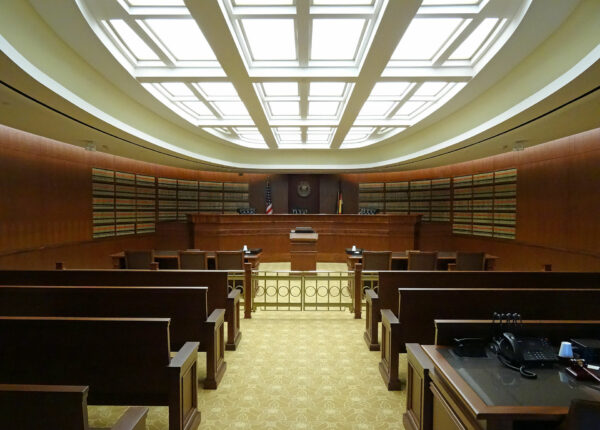In a significant rebuke to the former Biden administration’s past legal efforts to weaken state-level election security, the 5th Circuit Court of Appeals on Monday reportedly unanimously upheld a Texas law requiring voters who cast mail-in ballots to provide a state-issued identification number or a partial Social Security number — a key safeguard enacted under the state’s broader Election Integrity and Protection Act.
The Biden Justice Department and a coalition of progressive organizations, including the League of Women Voters, had sued to overturn the law, arguing that it violated the Civil Rights Act of 1964.
But the three-judge panel flatly rejected that argument, reversing a lower court’s decision and affirming Texas’s right to protect the integrity of its elections.
“Mail-in ballots are not secure,” wrote Judge James Ho, a staunch constitutional conservative appointed to the bench by President Trump. “The ID number requirement is obviously designed to confirm that each mail-in ballot voter is precisely who he claims he is. And that is plainly ‘material’ to determining whether such individual is qualified under State law to vote.”
The requirement, part of a 2021 bill signed by Texas Governor Greg Abbott, makes mail-in ballots invalid if they lack identification information — a provision aimed squarely at preventing fraud and unauthorized voting.
After U.S. District Judge Xavier Rodriguez struck down the rule in late 2023, the 5th Circuit quickly issued a stay, and on Monday, permanently overruled the lower court.
Judge Ho’s opinion made clear that the federal courts are not inclined to micromanage reasonable election rules passed by elected state legislatures.
“States have a legitimate interest in combating voter fraud,” he wrote. “And this enjoy[s] ‘considerable discretion in deciding what is an adequate level of effectiveness to serve their important interests in voter integrity.’”
Ho also warned that limiting voter ID requirements could expose Texas’s electoral system to manipulation.
“Merely requiring mail-in ballot applications to list the voter’s name and registration address triggers significant election security concerns,” he wrote, explaining how easily accessible voter information could be exploited to commit fraud.
“Any person can request and receive that information about a registered voter, use that information to apply for a mail-in ballot, and then cast the ballot, with minimal risk of detection.”
Despite objections from the former Biden administration and left-wing advocacy groups, the court’s decision reinforces the growing legal consensus that states can take commonsense steps to safeguard elections — particularly when it comes to mail-in voting, where identity verification remains one of the few tools available to prevent fraud.
Governor Abbott and Texas Republicans heralded the law as a vital measure to ensure that every legal vote counts — and only legal votes are counted. Monday’s ruling affirms that election integrity is not just a political slogan but a constitutional right of the states to protect.
[READ MORE: Jesse Watters Suggests Sydney Sweeney Marry Baron Trump to Form ‘Greatest Political Dynasty in American History’]








